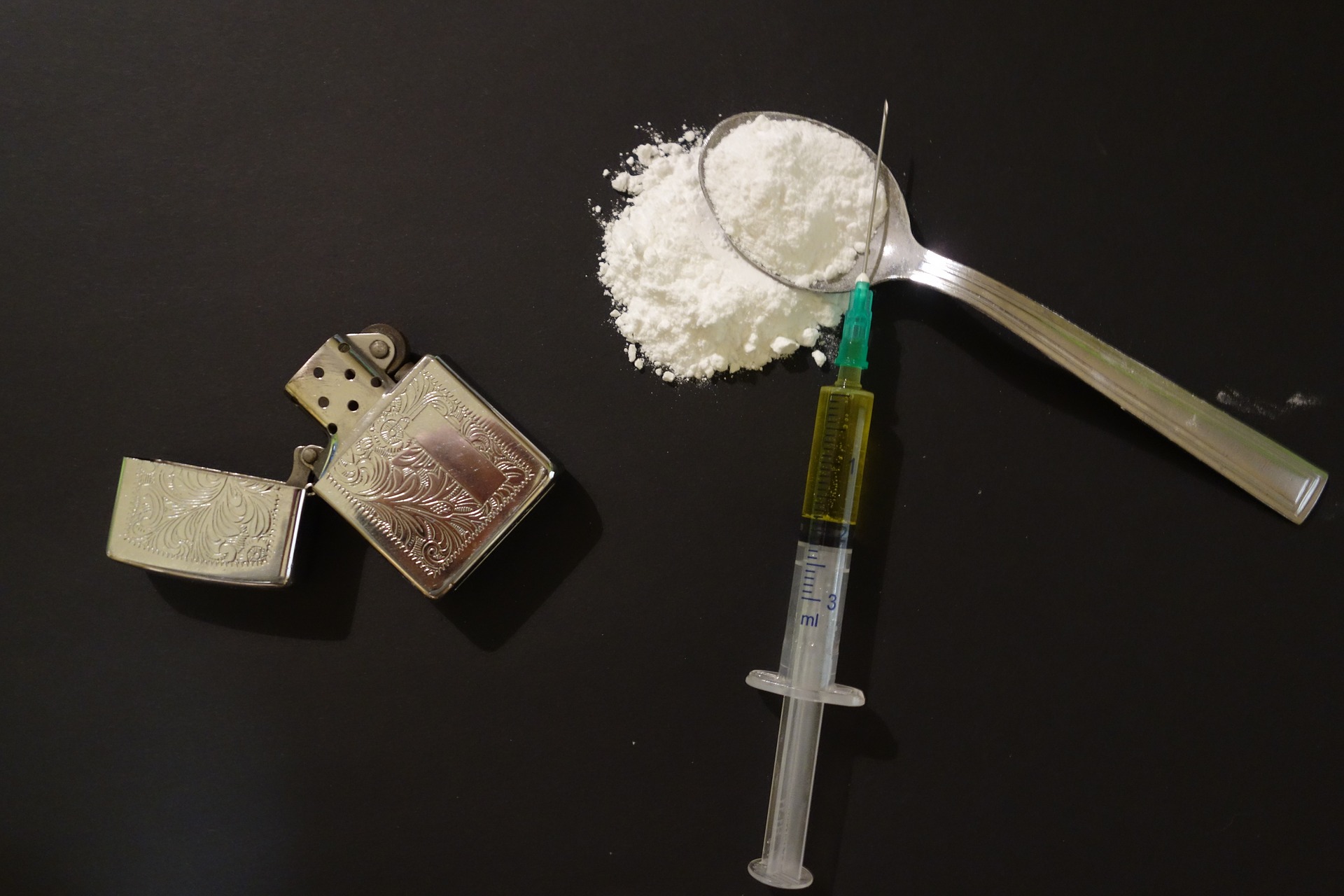A panel of experts has decided to urge the provincial government to expand access to safer supply allowing access for people at risk of significant injury, or death, without a prescription.
According to a media release, the panel was convened by BC’s chief coroner in Dec. 2022 with a mandate to consider previous death review recommendations that could quickly be put into place province to reduce substance-related deaths.
Panel chair Michael Eglison says the review was to illustrate some of the gaps in the current process and find a way to mitigate them, and he believes they did just that.
“Our goal was to demonstrate a way forward that reflects a sense of urgency that is commensurate with the scale of the crisis,” he says. “A way that can be rolled out quickly to save lives now. I believe this report does just that.”
Chief Coroner Lisa Lapointe says the crisis has taken its toll on many communities and the report illustrates the urgency needed for the province to grow.
“There is a need for an urgent and dedicated response to a serious, and ongoing public health and safety risk,” she says. “The drug-toxicity public-health emergency is now in its eighth year and the devastating death toll in communities across the province continues to grow.”
However, Nanaimo mayor Leonard Krog says there has been a lot of argument around safe supply, but he looks at the crisis from another angle.
“I have advocated that people who use drugs and want to get off drugs should have access to detox centres, supportive housing, and if appropriate involuntary secure care to ensure they do get off drugs,” Krog says. “This would help them get help, control urges to use, and fight mental health addiction.
“It will also help them get help if they have a severe brain injury.”
According to the new report, 175 lives were lost to toxic drugs in September, which is an average of 5.8 per cent per day, and Krog says both the provincial and federal government needs to step in and provide more help.
“The government of BC and the federal government has decided we are not going to spend the monies, for the time being, that is necessary to deal with this problem at its roots or at the extreme end where people are dying,” he says. “We have to ask ourselves, what are the priorities going to be?”
Over 13,000 lives have been lost in BC to unregulated drugs since the public health emergency was declared in April of 2016 with most of them being between the ages of 10 to 59.


